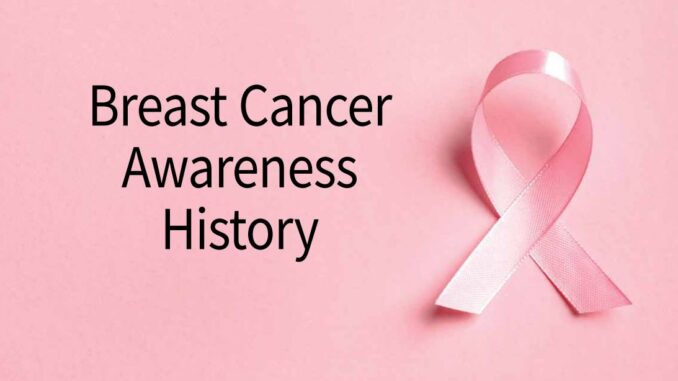
Since 1985, October has been recognized as Breast Cancer Awareness Month. It was initially a collaboration of The American of Family Physicians, AstraZeneca Healthcare Foundation, Cancer Care Inc. and other sponsors. In more recent years, corporations and sports leagues have banded together to boost awareness during the month. All of which has been a boon to fundraising efforts in bettering treatment with a goal of one day eradicating the scourge.
WHAT IS THE GOAL?
The early goal of Breast Cancer Awareness Month was to educate women about breast cancer and early detection tests, according to Brevard Health Alliance. One in eight women will be diagnosed in their lifetime. One of chief objectives was to promote mammograms as an important tool to be used in the fight against breast cancer. During the month of October, breast cancer survivors and those with breast cancer are celebrated and encouraged to share their stories. The month is also dedicated to raising funds for breast cancer research and other related causes. Since 1985, billions of dollars have been raised for the cause. Since 1990, death rates from breast cancer have been declining, in part because of better screening and early detection, and improved treatment options.
THE SYMBOLIC PINK RIBBON
The first nationwide campaign that utilized the pink ribbon was in 1992 by Estée Lauder cosmetics. They handed out 1.5 million pink ribbons, making them recognizable as the premier visual reminder of Breast Cancer Awareness Month. The NFL has become one of the largest supporters of breast cancer awareness month, with nearly all players, coaches and referees donning the pink ribbon each October to show their support.
In 2021, the NFL and American Cancer Society will be teaming up for a 13th consecutive season to support the cause through the league’s Crucial Catch: Intercept Cancer. The initiative also promotes early detection and mammogram screenings and risk reduction efforts. Since 2012, the NFL has funded the American Cancer Society’s Community Health Advocates Implementation Nationwide Grants for Empowerment and Equity (CHANGE) grants, which have contributed to 370,000 screenings in underserved communities and reached more than 1 million individuals with education, screening reminders and patient navigation. This, in turn, brings these life-saving messages and screening services to those who need them most, according to the league.